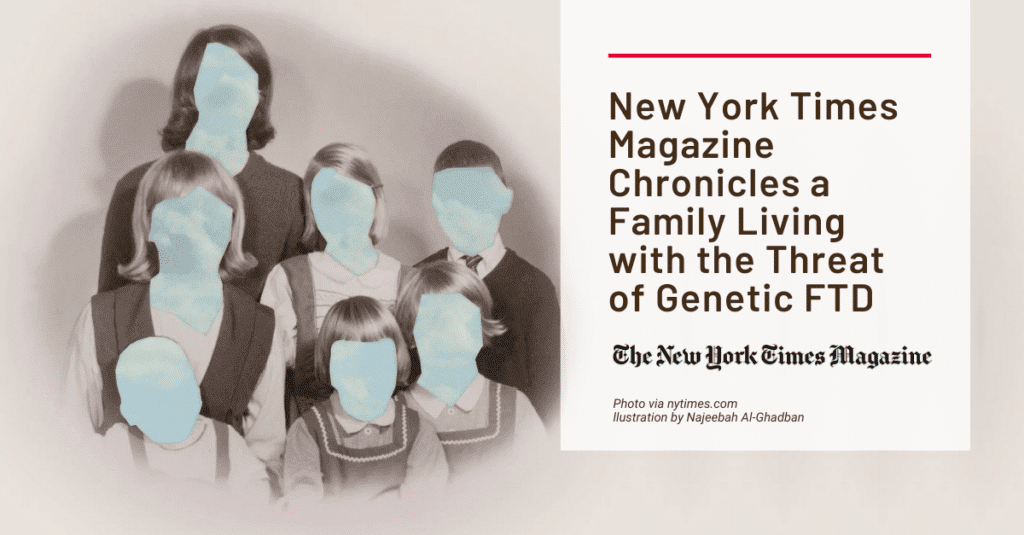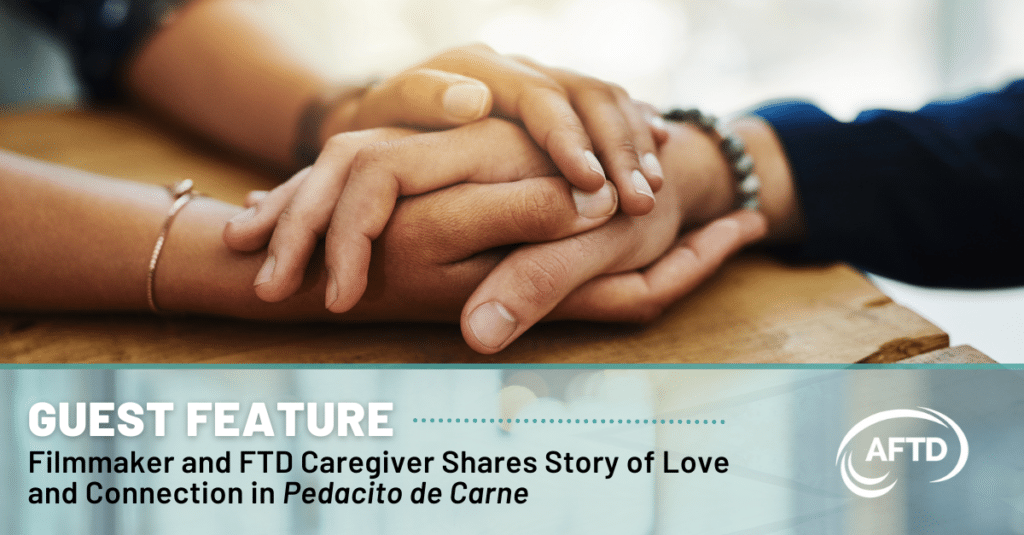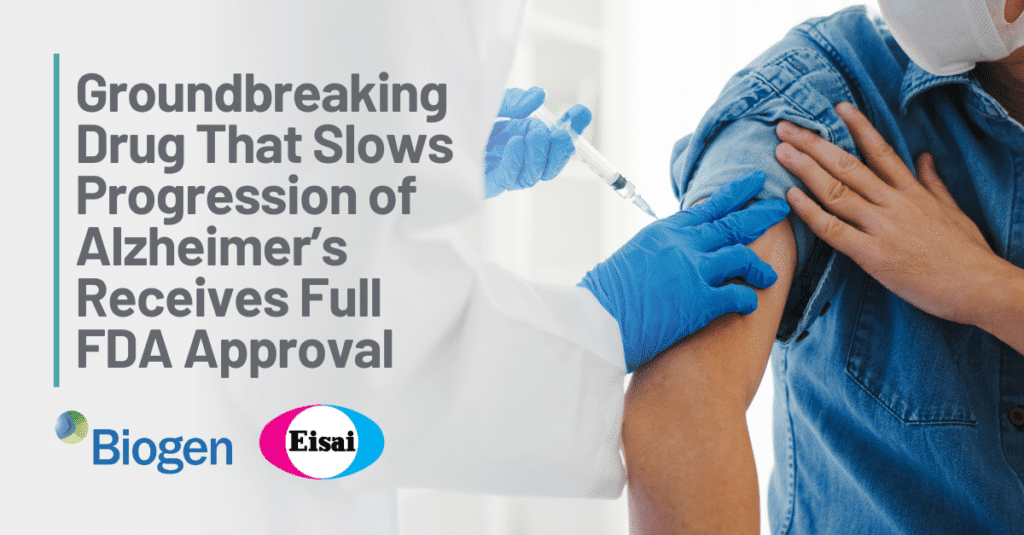The Lived Experience of FTD: Tracking Changing Behaviors in FTD
For people living with an FTD diagnosis and their care partners, keeping track of the changing behaviors caused by the disease’s symptoms can be challenging. Kevin Rhodes of the Persons with FTD Advisory Council and his wife have shared some of the tools and methods they use to track the changing behaviors that can be…
Read MoreOne-Night Performance of Acclaimed Play UnRavelled Examines Art, Science, and Dementia
AFTD staff and Board members attended a performance of the play UnRavelled at the San Francisco Conservatory of Music on July 21. AFTD sponsored the play to raise FTD awareness and elevate the stories and perspectives of our resilient community. Written by Jake Broder, an Atlantic Fellow at the Global Brain Health Institute, UnRavelled examines…
Read MoreNew York Times Magazine Chronicles a Family Living with the Threat of Genetic FTD
The cover story of the July 23 issue of the New York Times Magazine chronicles the experiences of a family that has lived with the threat of inheriting genetic FTD for generations. The article’s author, Robert Kolker, consulted with members of AFTD’s staff for insight into FTD: CEO Susan L-J Dickinson, MSGC Director of Research…
Read MoreGuest Feature: Filmmaker and FTD Caregiver Shares Story of Love and Connection in “Pedacito de Carne”
Living with FTD can be exhausting, challenging, and at times deeply upsetting for people with a diagnosis, care partners, and family members. Yet, despite the many obstacles created by FTD, there can still be instances of connection, joy, and laughter between people diagnosed and their loved ones. “There are moments where I was at my…
Read More“Motivated by Love, Driven by Anger” – News Report Highlights Advocacy Efforts of Milwaukee Couple on FTD Journey
A June 30 report by the Milwaukee news station TMJ4 highlighted the advocacy efforts of church administrator and care partner Larry Gnatzig and his husband Jeff Tucker, who was diagnosed with FTD, and shared the experiences of their FTD journey so far. Gnatzig first met Tucker online in 1996, meeting in person after six months…
Read MoreAFTD and AviadoBio Discuss Therapeutic Treatment Protocols for FTD
AFTD recently spoke with AviadoBio Chief Executive Officer Lisa Deschamps about her colleagues’ work to develop a therapeutic and treatment protocol targeting FTD. *Responses have been edited for clarity and length. Can you share some background on AviadoBio’s approach to developing an FTD-focused therapeutic? We are a drug and delivery company focused on addressing…
Read MoreGroundbreaking Drug That Slows Progression of Alzheimer’s Receives Full FDA Approval
The U.S. Food and Drug Administration (FDA) has, for the first time, fully approved a drug that slows the progression of Alzheimer’s disease. The drug, lecanemab, will be marketed under the name Leqembi. It was developed by Biogen and Eisai, drug companies based in the U.S. and Japan, respectively, and, following its July 6 approval,…
Read MoreHelp & Support: AFTD Resources for Kids and Teens
Unlike other types of dementia, FTD most often occurs in middle age, when many families have children or teens at home. Families with young children and teens face unique challenges when a parent is diagnosed with FTD. After diagnosis, both parents may find it extremely difficult to explain the disease to their children, discuss how…
Read MoreTips & Advice: Finding Support for Your FTD Journey
Isolation is common for persons diagnosed, care partners, and family members on the FTD journey, as FTD is a disease relatively few people have heard of and even fewer truly understand. The stigma surrounding symptom-related behaviors and lack of awareness about the disease leads many to feel alone. But loneliness doesn’t have to be a…
Read MoreAdvancing Hope: AFTD and Packard Center for ALS Co-Host Innovative Interdisciplinary Workshop
The abnormal accumulation of the protein TDP-43 occurs in both FTD and amyotrophic lateral sclerosis (ALS), suggesting that disruptions in TDP-43 function may be at the heart of both disorders. Over the last decade, researchers have made remarkable progress in piecing together the complex biology of TDP-43, which involves the coordinated activity of many other…
Read More








